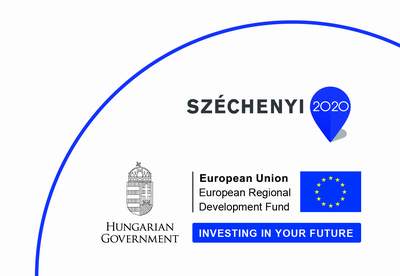You are here
Biome-BGCMuSo 4.1
NOT IMPLEMENTED HERE (see: BBGCDB 3 on ECOS)
Biome-BGC is a biogeochemical model that simulates the storage and flux of water, carbon, and nitrogen between the ecosystem and the atmosphere, and within the components of the terrestrial ecosystems (Thornton, 2000). The Biome-BGC was developed by the Numerical Terradynamic Simulation Group (NTSG), University of Montana. Note that the the currently available model version is 4.2 (in 2019).
Our next generation improved model is called Biome-BGCMuSo v4, where the abbreviation refers to Multilayer Soil Module. Our implementation of disturbance is different from the NTSG approach, as we included management settings in the INI file of the model. Prior to reading this document further the reader should get familiar with the documentation of the original model (Biome-BGC v4.1.1; see Thornton, 2000 and Trusilova et al., 2009).
Several researchers used and modified the original Biome-BGC model in the past. Most recently our research group developed Biome-BGC to improve the ability of the model to simulate carbon and water cycle in managed herbaceous ecosystems. The modifications included structural improvements of the model (e.g., the simple, outdated, one-layer soil module was replaced by a multilayer soil module; drought related plant senescence was implemented; model phenology was improved). Since the publication of the Hidy et al. (2012) study additional modules were developed to simulate cropland management (e.g., planting, harvesting, ploughing, application of fertilizers). Forest thinning was also implemented and included as a possible human intervention, and dynamic whole plant mortality was implemented in the model to enable more realistic simulation of forest stand development. Annually varying management options were also introduced. In the most recent model version separate pools have been defined for fruit following the method of Ma et al. (2011) to support cropland related simulations.
A User’s Guide (Hidy, Barcza et al. 2016) was created to provide detailed practical information for the use of the improved model. The Hidy et al. (2012) study used Biome-BGC v4.1.1 with previous modifications made by Max Planck Institute, Germany (we refer this version as Biome-BGC 4.1.1 MPI version; see Trusilova et al., 2009) as the starting point for model developments.
REFERENCES (see also BBGCDB references)
- Hidy, Barcza et al. (2016b):
- Hidy, Barcza et al. (2016a): User’s Guide for Biome-BGC MuSo v4.0, manuscript - revision: 1 March 2016
- Hidy, D, Z Barcza, L Haszpra, G Churkina, K Pintér, Z Nagy (2012): Development of the Biome-BGC model for simulation of managed herbaceous ecosystems. Ecological Modelling, 226, 99-119. doi: 10.1016/j.ecolmodel.2011.11.008
- Ma, S, G Churkina, R Wieland, A Gessler (2011): Optimization and evaluation of the ANTHRO-BGC model for winter crops in Europe. Ecological Modelling 222, 3662-3679. doi:10.1016/j.ecolmodel.2011.08.025




